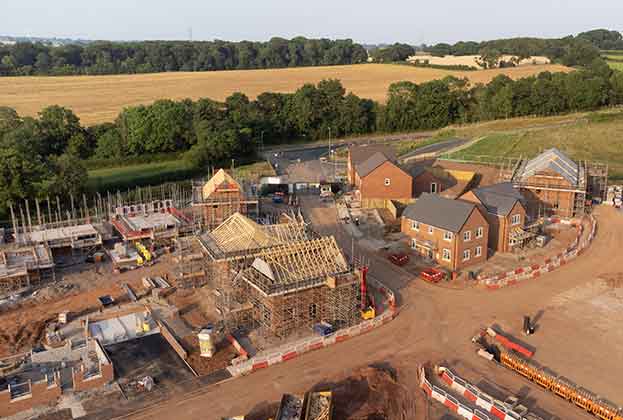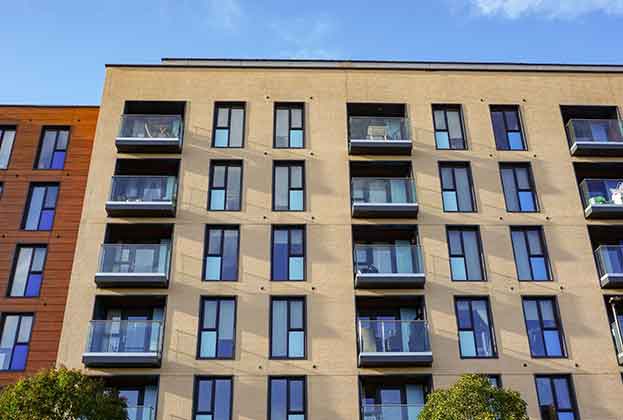Forced to close its doors for much of spring and early summer, the domestic tourism industry has been hit hard by the outbreak of Covid-19 and subsequent lockdown restrictions. Undoubtedly it was with relief that many holiday parks cautiously began the process of reopening to visitors on 4 July in accordance with social distancing measures.
But what now for the staycation industry and how can businesses plan for a successful future post lockdown?
While it remains too soon to comment with certainty on how the industry will fair over the remainder of 2020 and beyond, there are reasons to be optimistic. In the years that followed the 2008 financial crisis the domestic staycation market saw a huge boost in popularity and fuelled significant growth in the sector. In 2019 46.4 million holiday trips were taken in England – a 2 per cent increase on 2018, according to Visit Britain.
Industry growth has continued due to vast improvements in the quality and variation of accommodation on offer (for example, lodges, glamping pods) and increasingly straight-forward booking facilities online. It seems entirely plausible that we could see a similar recovery again.
There are other factors at play that could boost the staycation sector. While we are beginning to see reciprocal arrangements between some nations to enable overseas travel, we will likely see an increase in holidaymakers who, at least in the short term, prefer to remain in the UK.
Whilst welcome, reopening holiday parks and attractions must now adapt facilities to ensure visitor safety in line with the Covid-19 guidelines and address the changing consumer expectations of domestic holidaymakers.
Where such changes require planning permission we can expect to see local planning authorities being supportive of proposals that will help holiday businesses and attractions to become more resilient and profitable. In a recent statement Robert Jenrick, the minister for Housing, Communities and Local Government, said the Government recognises that the tourism industry will need to be able to adapt to secure its financial future and continue delivering benefits to the wider economy.
Below are four ways in which holiday businesses can use the planning system to adapt post-Covid-19:
- The development or adaptation of buildings and facilities to enable visitors to maintain adequate social distancing and hygiene measures.
- Lifting or varying planning conditions that currently place limitations over the length of the holiday season or the number of holiday units allowed at a particular site. This can enable a year round holiday season and adds flexibility to the business.
- Exchanging camping and touring pitches for self-contained static/lodge pitches.
- Extending existing sites to enable provision of additional holiday units.
Ultimately the most successful businesses will be those that can continue to meet the needs and aspirations of ‘staycation’ holidaymakers post-Covid-19.
Further information




.jpg)
.jpg)
.jpg)
.jpg)
.jpg)

